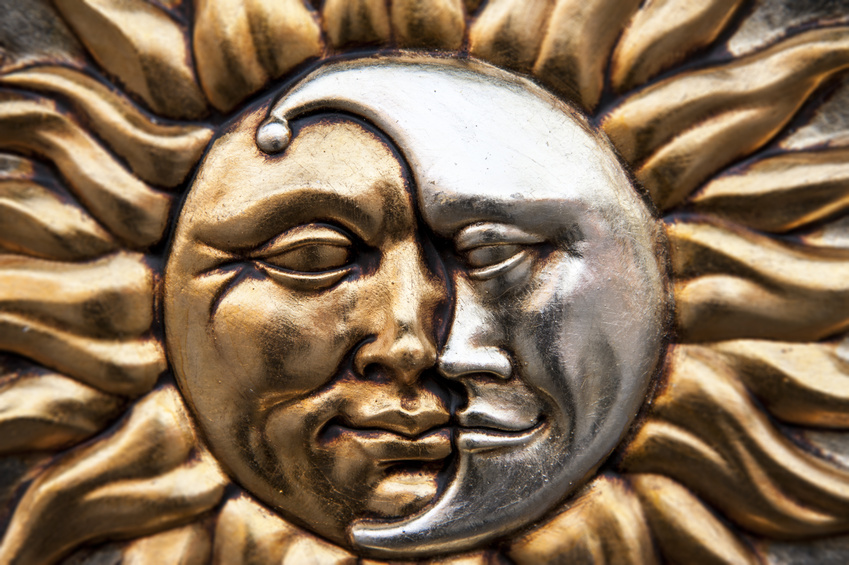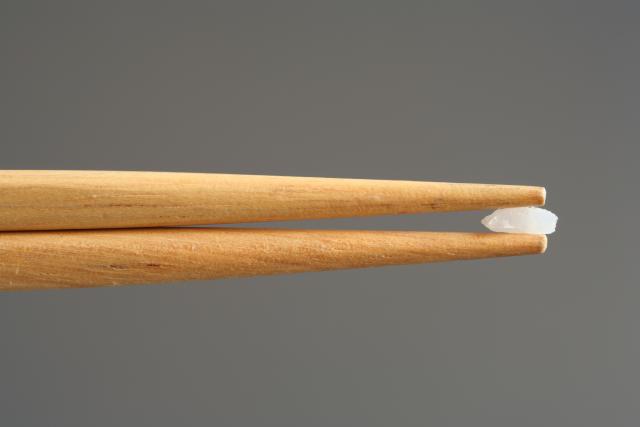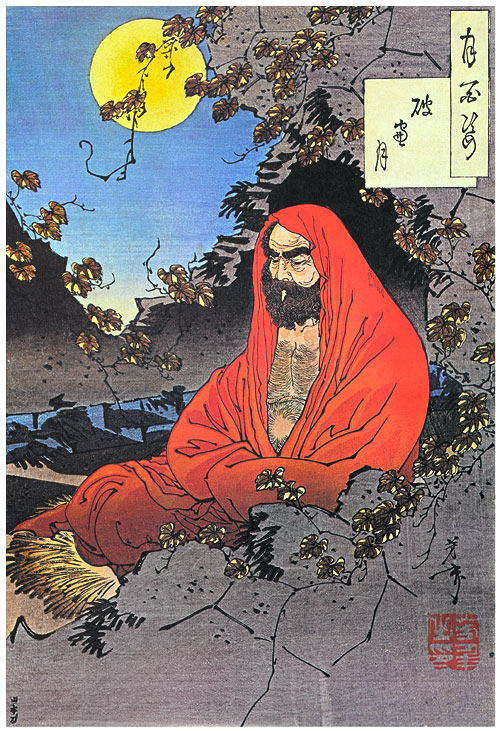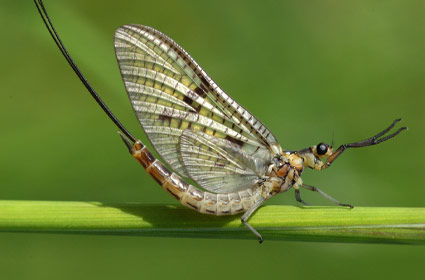Starting next week, Saturday March 28, the Saturday morning program at Treetop Zen Center will begin an hour earlier, at 8:30 am.
The new schedule will be
8:30 a.m. – Service
9:00 a.m. – Zazen
This change will allow attendees to have time to socialize together over tea and cookies, while also leaving a bit earlier to attend to other things or get home to familes, spouses, partners, etc.
To volunteer to bring cookies, or another snack, for an upcoming Saturday, please contact the Shuso, Peter Harris, at pbharris@colby.edu.




 Blue Cliff Record, Case 1
Blue Cliff Record, Case 1  Luoshan asked Yantou, “When arising and vanishing go on unceasingly, what then?”
Luoshan asked Yantou, “When arising and vanishing go on unceasingly, what then?”